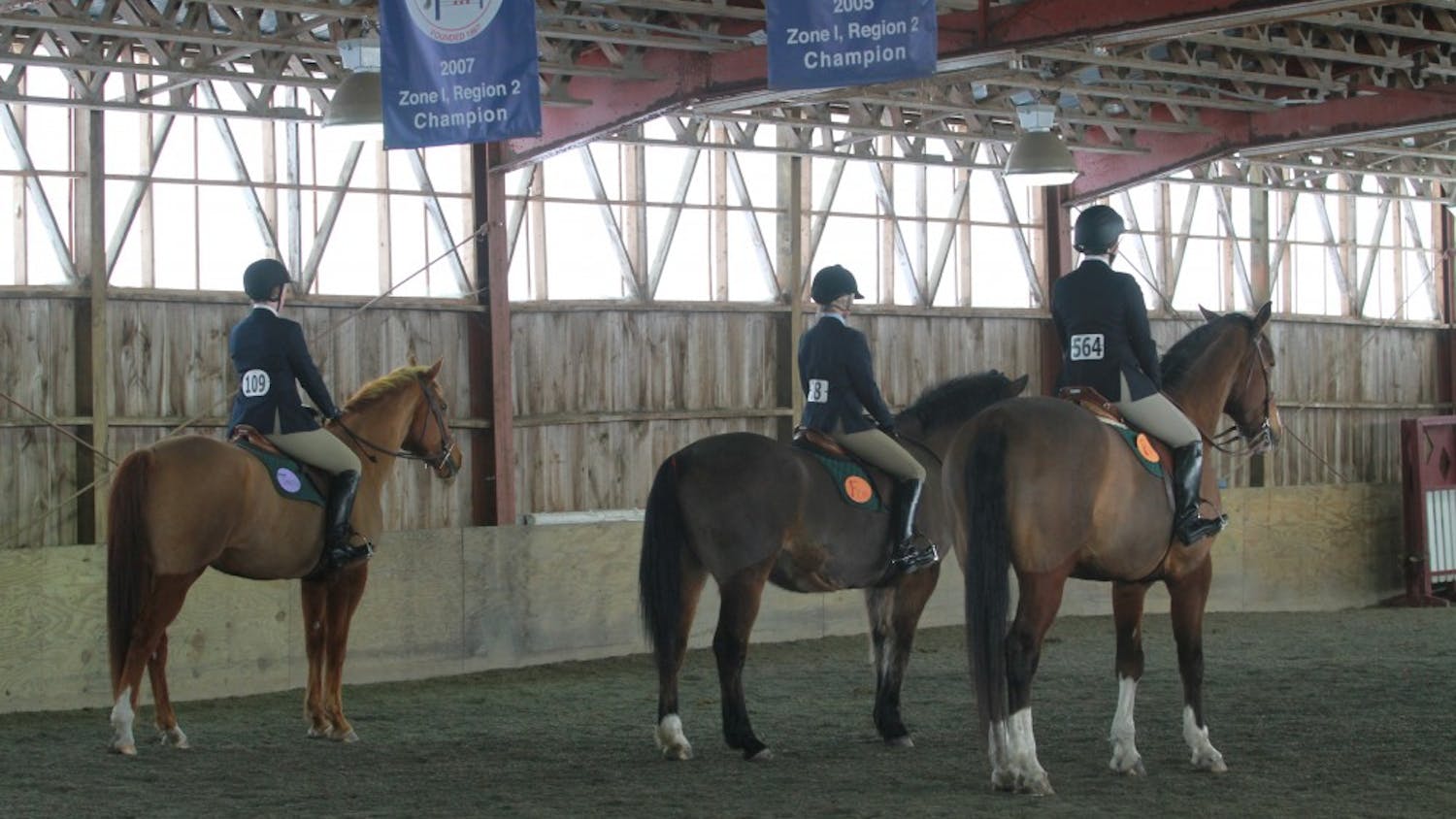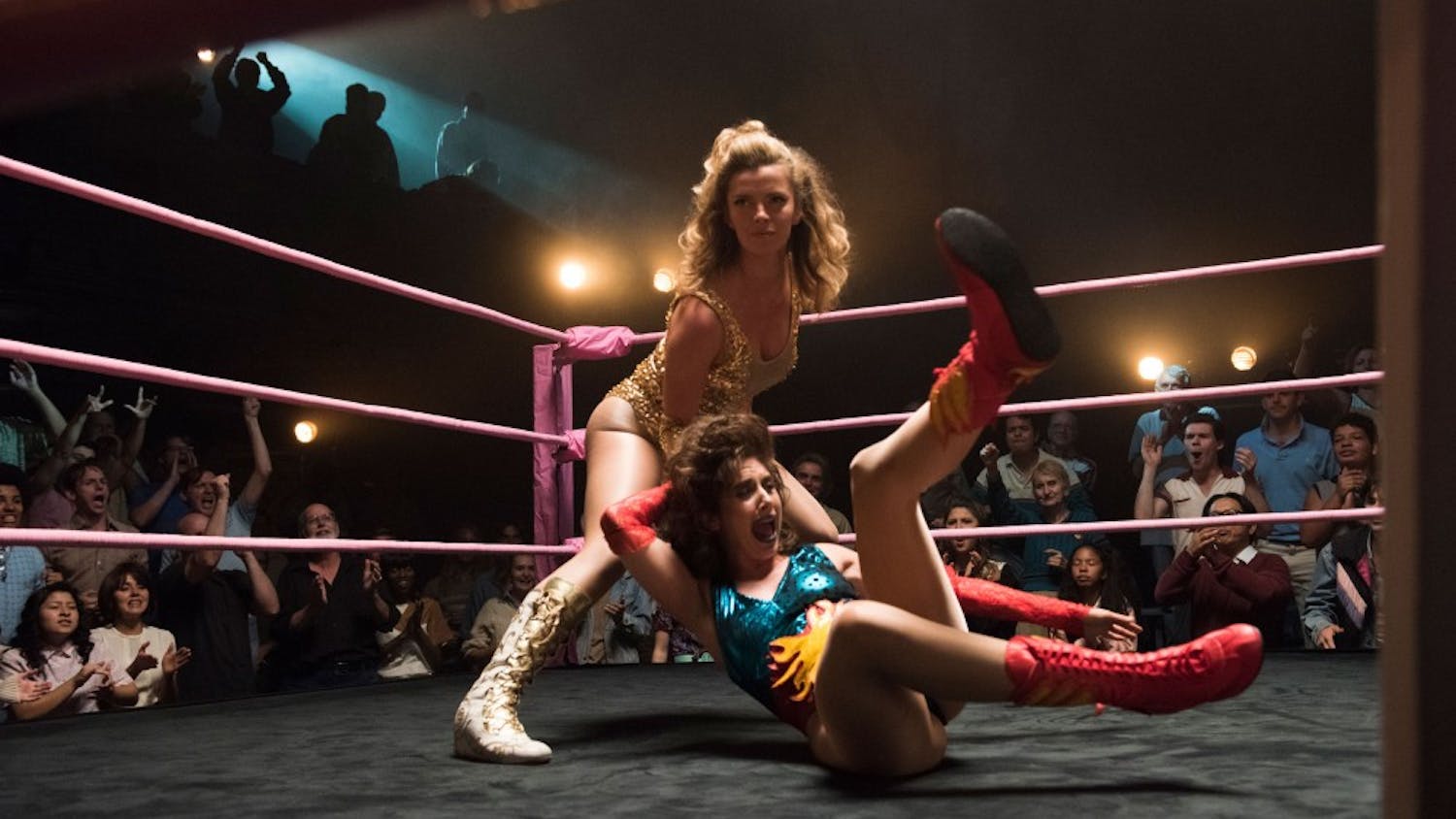This isn’t necessarily something I’m proud of, but over the past few weeks, I have joined a group of my friends to hate-watch “The Bachelorette.” Together, we screamed at the screen, laughed at the absurdity of limo exits and cringed at the corny pickup lines. It was a ritual that I enjoyed for the community aspect of it; the television show just happened to be there. However, it became increasingly evident to me that the popular “romantic” and long-running reality T.V. show’s portrayal of gender dynamics is extremely concerning, as it celebrates contestants disrespecting boundaries and using violence and deceit in the pursuit of love.
I hate the whole concept of “The Bachelor” franchise. The idea of 30 or so women fighting for the attention of one man is degrading, as it causes women to view each other as solely competition and only valuable if they can win a man’s approval. Its counterpart “The Bachelorette” usually lends itself to slut-shaming and other sexist remarks from viewers. This most recent season — which concluded on Tuesday in typical dramatic fashion — was unfortunately no different.
This season, the bachelorette was Hannah Brown, a pageant queen from Alabama. From the beginning, Brown characterized herself as someone who was empowered and strong, capable of making her own decisions. For instance, the very first night, she sent home a contestant who had been seeing someone mere days before filming began.Brown was on “The Bachelorette” to try and find the real deal, and maybe it’s idealistic to think that’s possible, but I found myself rooting for her. She constantly stood up for herself and refused to let men talk over her. At the finale, I found myself disappointed that the genuine excitement and open-mindedness Brown went into the season with was not rewarded.
The villain of the series (at least until the two-part finale) was definitely Luke Parker from Georgia. To his credit, a lot of how contestants are perceived can be manipulated by producers and editors post-production. However, producers cannot put words into mouths, and considering Parker slut-shamed Brown, verbally threatened other contestants and frequently gas-lighted everyone with whom he came in contact, it is hard for me to justify any of his behavior.
Still, as evil as Parker was, the individuals I find the most appalling are the producers who allowed him to wreak havoc on the mental well-being of Brown and the other contestants. Parker was excused from physically attacking someone unprompted during a rugby match, following Brown around when she definitively told him to stop and throwing lunch meat at another contestant. Yes, really. When Brown told Parker that “Jesus still loves her” despite having premarital sex and sent him home, I witnessed my favorite moment of the series.That moment of strength from Brown was eventually completely overshadowed by Parker’s return the next episode — which the producers certainly knew about and allowed. It is damaging for very obvious and dangerous reasons to repeatedly showcase a man not listening to a woman saying “no” and be rewarded for it. Do better, ABC.
Furthermore, the winner of this season believed he was entitled to use Brown’s show as an opportunity for self-promotion. Hannah ended up choosing contestant Jed Wyatt over Tyler Cameron in the last part of the two-night finale. Wyatt was the subject of quite a bit of controversy in the media during the show’s airing. A woman from his hometown in Tennessee went public with a letter Wyatt had written her the night before leaving for the show implying that they would be together after the season ended. This made sense considering Wyatt admitted to Brown that he went on “The Bachelorette” initially to promote his music. Brown and Wyatt ended up calling off their engagement and splitting up after the bombshell broke. Of course, the break-up was filmed. I can’t help but wonder about the effect that a television network’s exploitation of one’s personal pain and heartbreak does to one’s ability to heal.
If there was one shining light in this season, it was Cameron. Cameron stood up for Brown throughout the season, respected her boundaries, rebuked Parker for his sexist remarks and proved to be a genuinely good guy. He wished Brown the best after being sent home and expressed his deepest regret for how the situation with Wyatt played out post-show. It was nice to see someone respecting “The Bachelorette” for once, especially in a season defined by men being disrespectful of a woman’s time and emotions.
“The Bachelorette,” if done correctly and handled appropriately, presents an interesting opportunity to disrupt patriarchal norms and expectations by putting power and agency into the hands of women. However, in the quest for “good television,” women lose. Do I find watching the fallout from the revelation about Wyatt on live T.V. entertaining? Absolutely. But I would gladly give up that entertainment in pursuit of a reality show that genuinely cares about women’s safety and success. Is that even possible? Not with producers who let contestants like Parker repeatedly belittle the woman at the center of the show.
“The Bachelor” franchise has been trying to morph into a more feminist series, and I can appreciate its efforts. It’s just nowhere near there. Yet.



